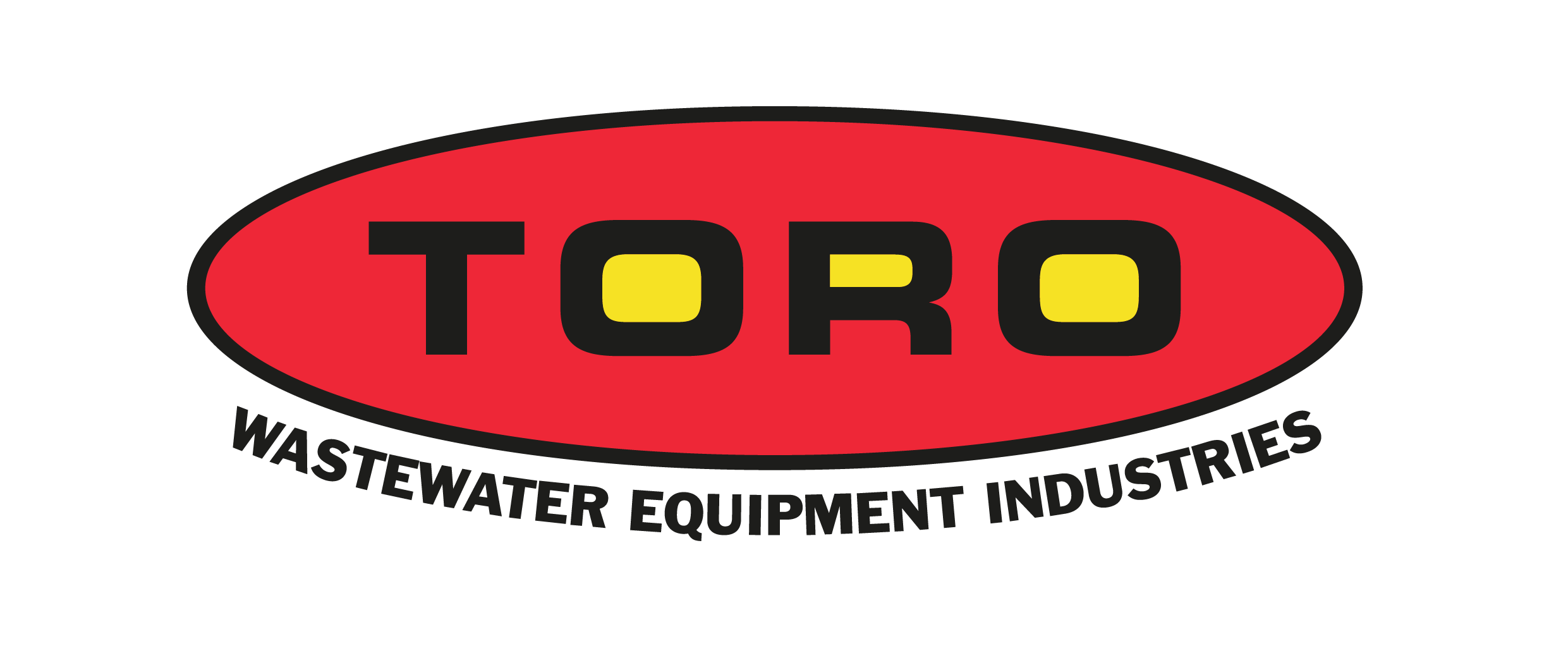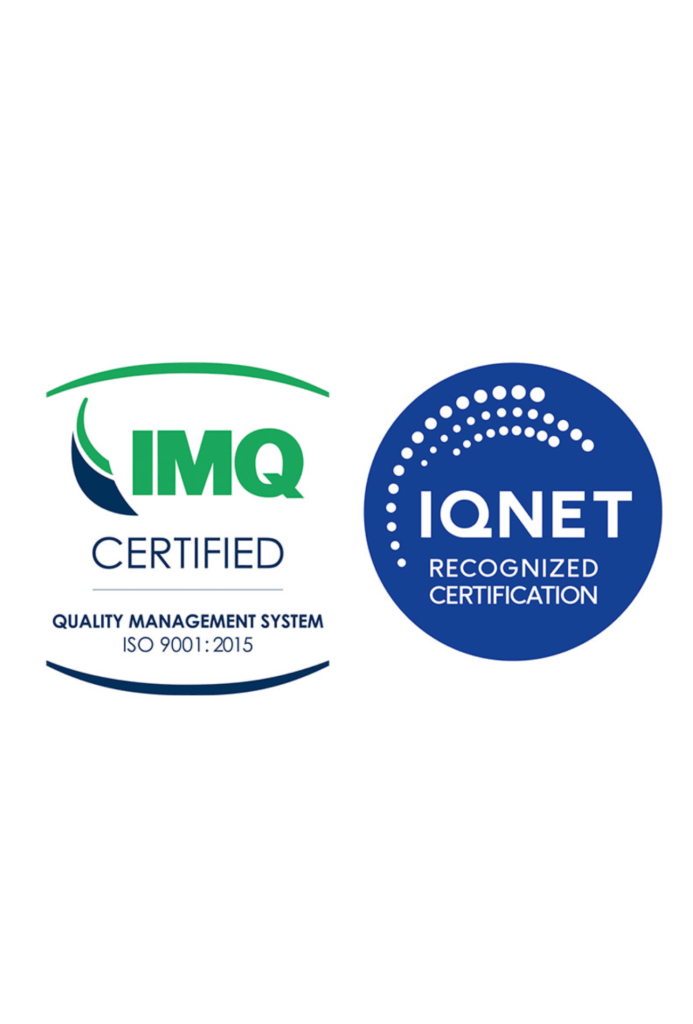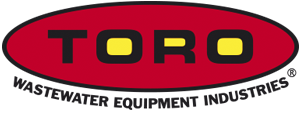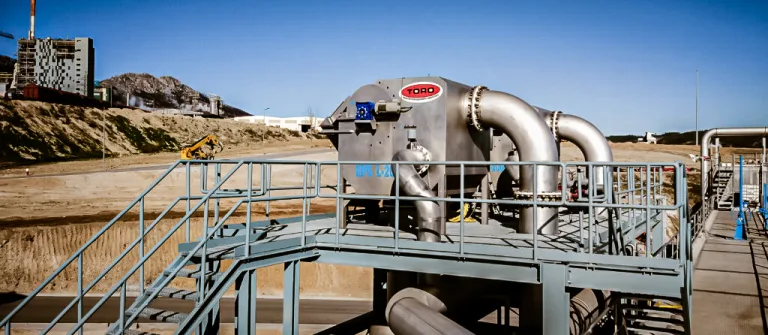
2 HPS L-200 0 Defender
ETAR in the pulp and paper industry
- Year: 2012
- Country: Portugal
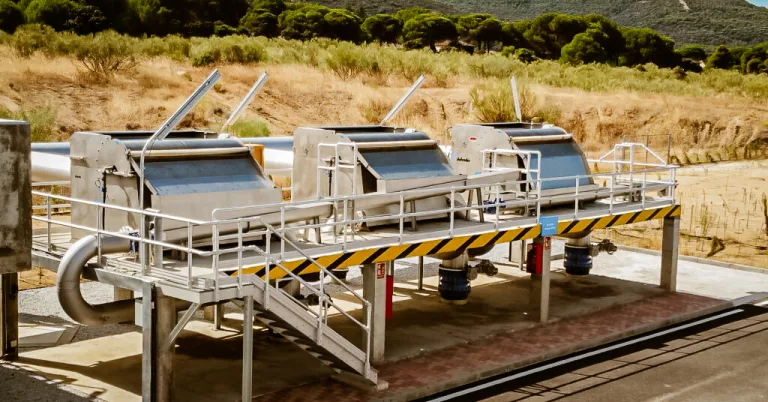
3 HPS L-2500 Defender® L-2500
ETAR
- Year: 2014
- Country: Spain
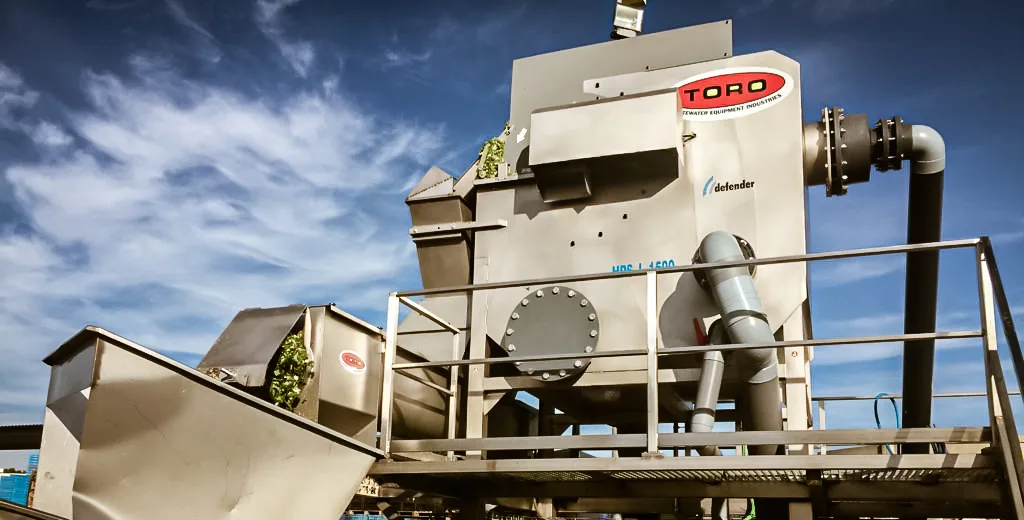
HPS L-1000 + TC 215/200 Defender®
ETAR plastics industry
- Year: 2014
- Country: Spain
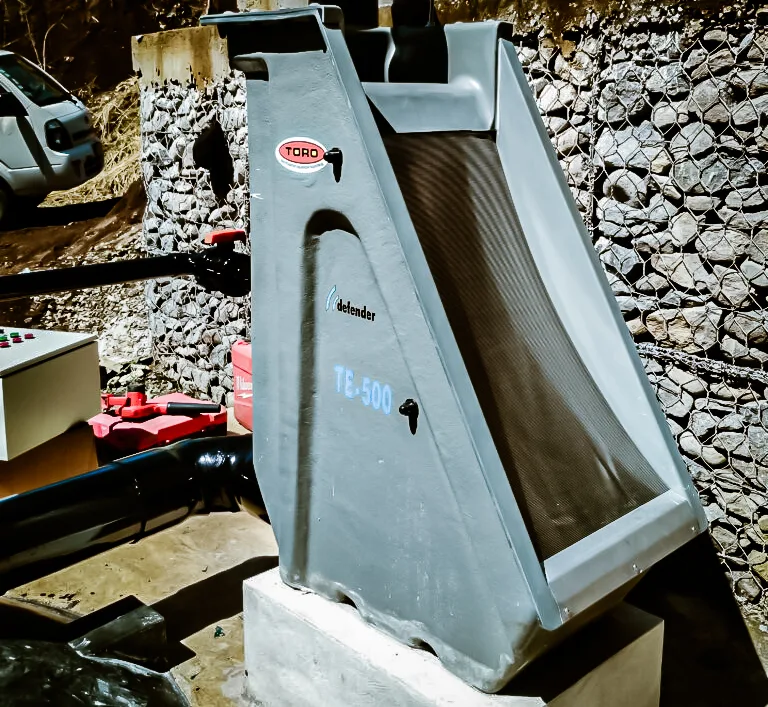
TE 500 Defender®
ETAR in the meat industry
- Year: 2009
- Country: Spain
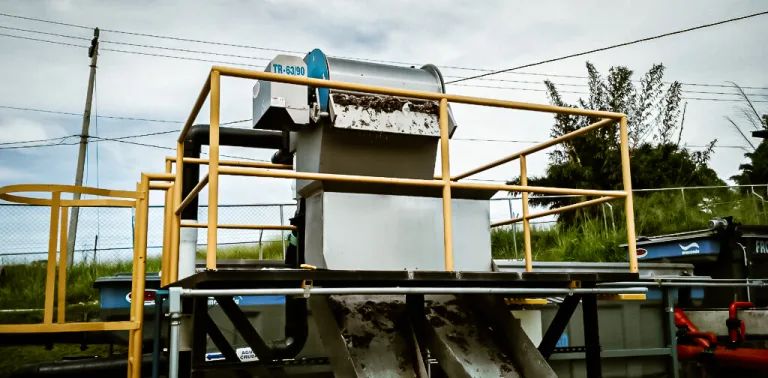
TR 40-50 Defender
ETAR in the sanitary industry
- Year: 2021
- Country: Spain
- Flow: 5 m³/h
- TSS: 1000 - 1500mg/l

TR 63/90 + TC 215/1500 Defender®
ETAR in the food industry
- Year: 2022
- Country: Spain
